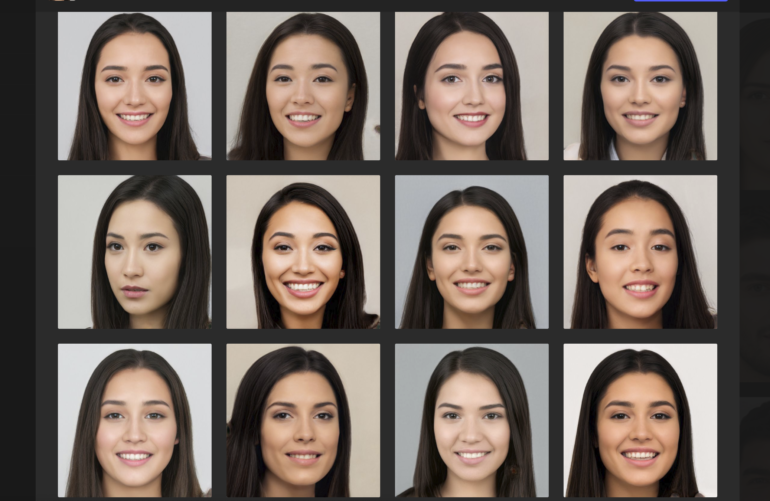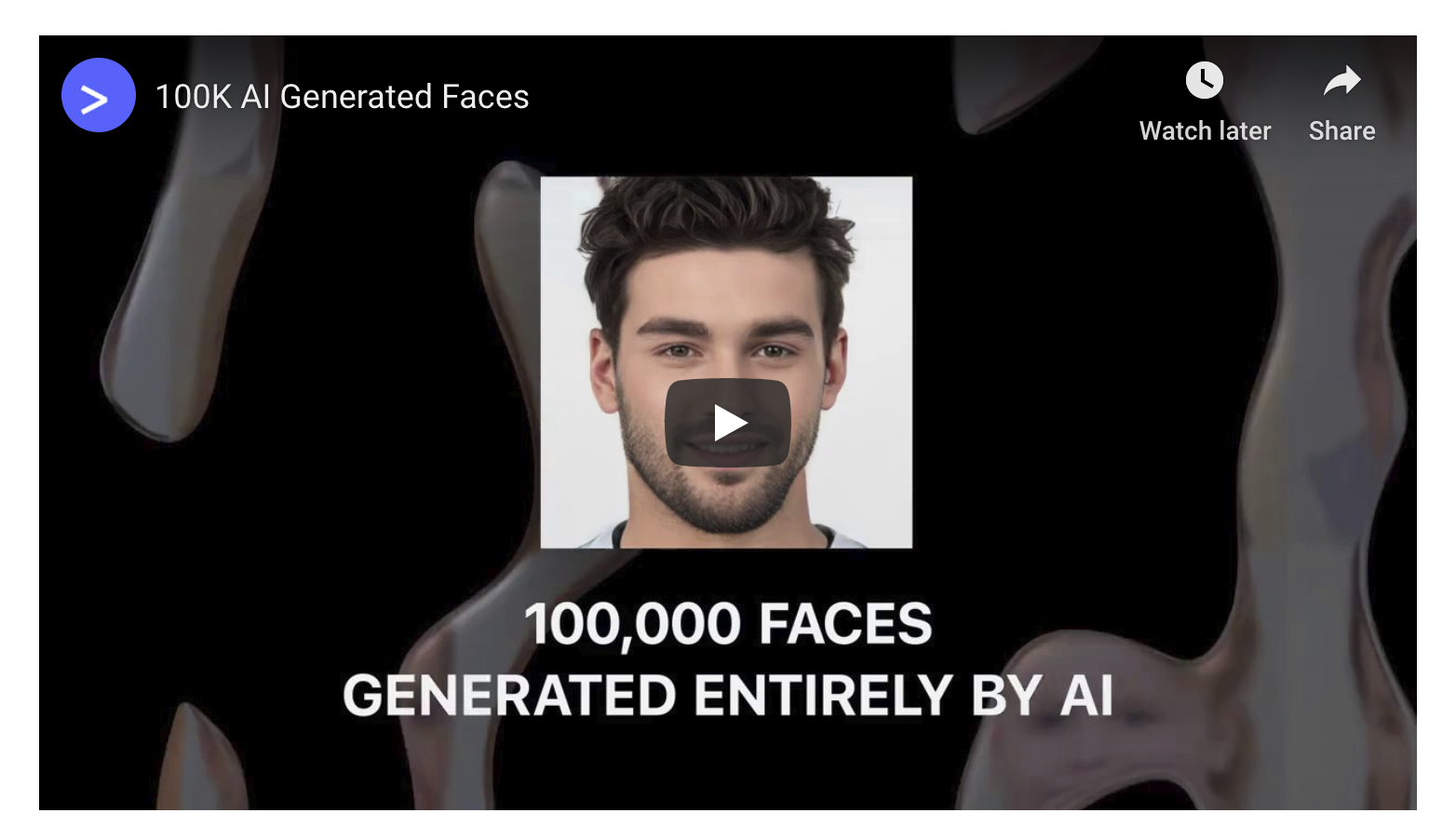The world is continuously worried about the influence of artificial intelligence (AI). But it could never replace photographers, right?
You should be familiar with AI; you use it every day. It’s in the store, your computer, even in your car. AI has advanced so much over the past 20 years it’s now able to do many tasks once reserved for humans. For the most part, AI has replaced low-skilled jobs. But could it replace the role of a photographer? In a recent interview with Feature Shoot, tech journalist Greg Scoblete spoke about the impact AI may have on the photography field in the future.
AI Photography Would Impact These Fields
When speaking about the areas of photography that would most likely be impacted by the influence of AI, Scotblete told Feature Shoot, “What we’re likely to see instead is AI replace some [photography disciplines] almost completely – stock photography, product photography, food photography are most at risk…” He has good reason to think that. We’ve already seen the rise of AI-generated headshots. And although most of them look fake, the realistic images strongly suggest the technology will get better over time. Improvements in AI would make it extremely difficult to tell the difference between an actual photograph and a computer-generated one.
“…there’s a very special element to photography that goes beyond the skill, and that’s the human relationship.”
Here’s the harsh reality; if businesses and brands find an effective way to cut out the middle person (the photographer) they will do it. If it’s more cost-effective to use AI for generic stock, food, and product photography, then photographers in those fields are likely going to have to look to other avenues for work. Is it fair? No. but it’s business. As we’ve seen with automated checkouts, factories powered by robots, and, more recently, the driverless car, the upper echelon of this world is constantly looking to replace humans with tech. As much as we want to shout about our disdain of the direction of society, there’s little we can do about it.
AI Photography Can’t Replace It All

But it can’t all be doom and gloom for the photographic industry. There are several aspects of our craft that no amount of technology could ever replace. Let’s take wedding photography, for example. Even if, in the year 2085, we have robots roaming our streets living as integrated members of society, do we think they could handle all that comes with shooting a wedding? As the bride cries, the father thinks his iPhone photography takes priority, and the children show no interest in standing still, I can see it now; a robot exploding with overload malfunction, reduced to tiny electronic pieces on the floor. There’s a very special element to photography that goes beyond the skill, and that’s the human relationship.
“We want a human connection that’s deep and enriched, and we want works of art to help us achieve that.”
In most professional photography industries, I think the biggest skill you need to have for a successful shoot is the ability to communicate effectively with people. Whether that’s calming nerves, communicating a concept, or working in an intense environment, if you have no people skills, you won’t last long in this business. Those skills come from being human. You get them from living in this world and understanding the nuances. I don’t believe there’s a demand across the board to replace that with AI, thankfully.
AI Art Galleries? Surely Not
What about the artistic element of photography? The conceptual, abstract work that pushes boundaries and exists in popular art galleries around the world; could all that be created by AI? We’ve already seen the rise in popularity of composite images. There’s no reason to believe AI could not generate such work. But when it comes to art, I think that while AI could be a subsection of an art gallery, it will never dominate one.
When we see art, we want to see something aesthetically pleasing. But, underneath that, we want to see what the human mind is capable of. We want a deep and enriched human connection, and we want works of art to help us achieve that. Artistic photography created by AI would be nothing but a fad. Like when 3D cinema hit the mainstream, it was an “oh look what we can do” moment that soon passed.
There’s good reason to be concerned about the rise of the influence of AI in our industry. But for the most part, photography is a highly-skilled profession. It demands the role of a human to execute it well and to connect the art form with the public. AI will never do that.
All images are screenshots.


